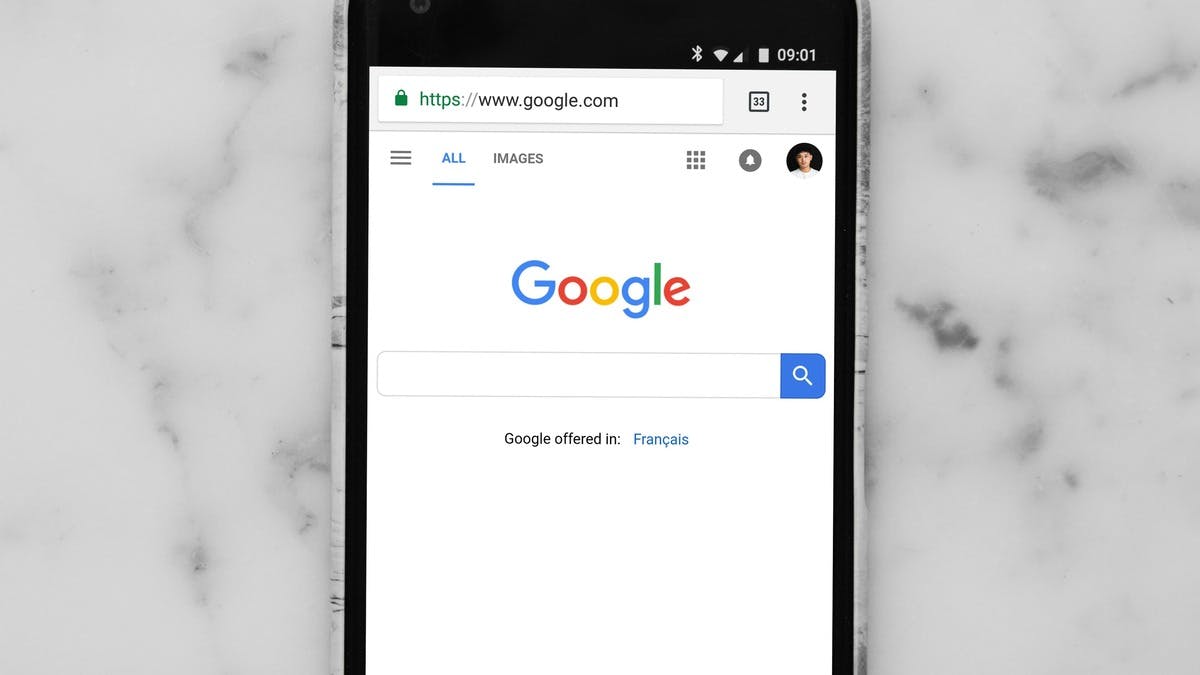Google, owned by Alphabet, has reached a settlement in a class action lawsuit regarding its Incognito private browsing mode.
The lawsuit, filed by three users in 2020, accused Google of tracking user data despite assurances of privacy while in Incognito mode.
The lawsuit alleged that Google’s tracking persisted even when users believed they were browsing privately. This raised concerns about the privacy of users’ online activities and the potential for sensitive information to be sold to advertisers.
Implications for SMEs
The settlement between Google and users regarding the Incognito mode has implications for small and medium-sized enterprises (SMEs), particularly in terms of data privacy and user trust. The settlement between Google and users regarding the Incognito mode serves as a reminder for SMEs to prioritize transparency, user trust, and compliance with data privacy regulations in their online operations.
Data Privacy Concerns: For SMEs that rely on online advertising or have an online presence, the settlement underscores the importance of transparent data practices. Users expect their browsing activities to remain private when using private browsing modes, and any breach of this trust can have repercussions for businesses that rely on online engagement.
User Trust and Transparency: In an age where consumers are increasingly concerned about their online privacy, SMEs must prioritize transparency in their data collection and usage practices. Failure to do so could erode user trust and result in negative perceptions of the brand.
Legal Implications: The settlement also highlights the potential legal risks associated with data collection practices. SMEs should ensure compliance with privacy regulations and regularly review their data handling processes to mitigate the risk of legal action.
Impact on Advertising Strategies: For SMEs that advertise on Google’s platforms, the settlement may impact advertising strategies and targeting options. Businesses may need to reassess their approach to online advertising and prioritize strategies that prioritize user privacy and consent.
Educating Users: SMEs can also play a role in educating users about online privacy and data security. By providing clear information about data collection practices and how user data is used, businesses can build trust and credibility with their audience.
Settlement Terms
As part of the settlement, Google will delete data collected during users’ Incognito browsing sessions and update its messaging around the service. Originally, Google marketed Incognito mode as a way to browse privately without informing users that their data could still be tracked. The updated messaging will clarify that browsing activity may still be visible to websites and service providers, including Google itself.
Additionally, Google will default to blocking third-party companies from tracking users’ cookies in Incognito mode and allow users to block this data collection for five years at a time.
Despite the settlement, users will not receive monetary compensation. However, they retain the right to sue Google in California over its data collection practices.
The lawsuit shed light on internal discussions within Google regarding the language used to describe Incognito mode. Engineers and marketing executives expressed concerns about the misleading nature of the term “Incognito” and its implications for user privacy.
While Google attempted to dismiss the lawsuit, arguing that Incognito mode only prevents browsing history from being saved locally, the settlement reflects the company’s acknowledgment of the need for clearer communication and enhanced privacy protections for users.
Keep up to date with our stories on LinkedIn, Twitter, Facebook and Instagram.

